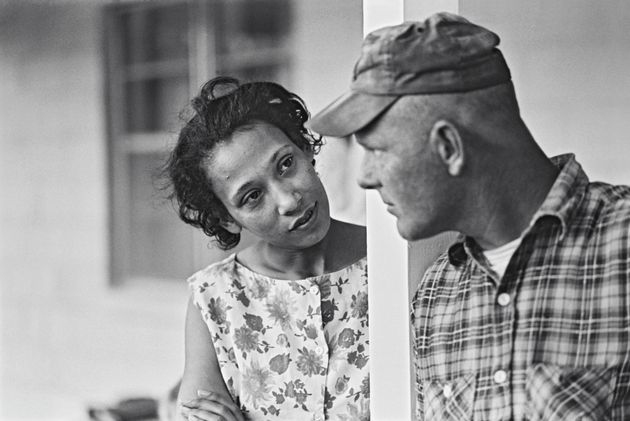Flushing museum presents 28 Days of Black History

FLUSHING – The Underground Railroad Museum is again looking back through the ages with its “28 Days of Black History,” a series of short video presentations and informative links offered through its Facebook page, as well as that of the Belmont County NAACP.
February is Black History Month, and the museum is marking the observance on a daily basis. At noon Saturday, the museum will also feature a presentation of key events and a chance to learn more in person. Director Kristina Estle has high hopes for the event.
“Last year – and we’re doing it again this year – I scheduled posts on our social media pages,” she said. “We’ll go through the 28 days and a video will be uploaded every day, but I wanted to do a little something more this year, so I took about half of those videos and I grouped them together by era,” she said.
The Saturday program is broken down into three parts. The first, dealing with abolition, slavery and the Underground Railroad, will be followed by a brief talk by Estle and a question-and-answer session. The videos will focus on the transatlantic slave trade and abolitionist figures such as Harriet Tubman, William Still and Sojourner Truth.
The second part will focus on the end of the Civil War and the end of slavery, with videos on the Emancipation Proclamation and Juneteenth. The speaker will be Thomas Buckley, a museum volunteer and retired history instructor from Belmont College.
The third part will include the Civil Rights movement with videos on desegregationist figures Claudette Colvin and Ruby Bridges, the Loving vs. Virginia Supreme Court case that struck down bans on interracial marriage, the late Sen. John Lewis, Martin Luther King Jr., Malcom X and the marches on Selma, Alabama. The speaker will be Ron Scott, outreach director from YWCA Wheeling.
“We’re kind of tag-teaming the 28 Days of Black History, but expanding on it to have an in-person event this year,” Estle said. “It’s going to be a little lengthier than our typical event.”
The production will be followed by a self-guided tour of the museum. A donation of $5 per person or $10 per family is recommended.
She added there is an advantage to in-person events and interactions.
“I’m hoping for a good crowd. I’m definitely worried about this weather. I’m not sure what to expect,” she said. “I created a Facebook event to help promote and get an idea of how many people are coming. I’m expecting maybe two dozen I hope, but obviously the more the better. Winter is very slow for us, especially the month of January, we’ve hardly had any people in. We’re nonprofit. We really thrive on our visitors’ donations. They cover our operational costs. … It’s important for us to do different planning and events.”
She will also be livestreaming the Saturday event to the site’s Facebook page.
“With the pandemic, I think it’s really important to have that option of just jumping online and watching it live, because I don’t want anyone to miss out,” she said. “Getting on these topics, especially black history, is really important for our nation right now. I’m a true believer that education will foster acceptance across diversity.”
She reiterated a favorite saying of the late curator and co-founder of the museum, John Mattox, that black history is American history.
“Our history books have really been anglicized, and it doesn’t really touch on black history or slavery,” she said. “I really feel a pull to educate the public on these topics.”
On Saturday, the museum will also sell DVDs of the “28 Days of Black History” videos. They will be on sale through February at $20 each, with 50 percent going to the museum and 50 percent to the Belmont County NAACP, which collaborated on the program.
In other matters, Estle is also hoping to learn soon if the museum will receive an Ohio History Fund grant offered through the Ohio History Connection.
“If I’m awarded that grant, I’m going to be putting together an exhibit in what was Dr. Mattox’s office, and I will dedicate this exhibit to him,” she said. ” … This entire exhibit is going to be a memorial to our local heroes, the conductors, the runaway slaves, the stories that came with them. One thing I wanted to prove was that the conductors in Belmont County were not only white. They were white and black.”
The museum is located at 121 High St., Flushing. For more information, call 740-968-2080. The website is www.ugrrf.org.





